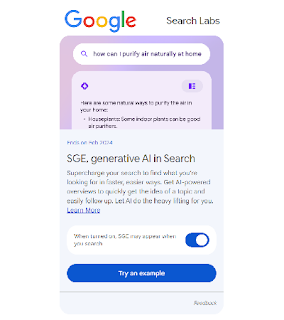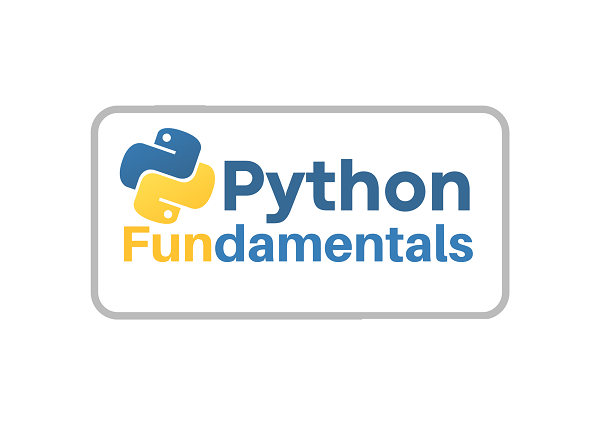Top 10 Human Skills that AI Cannot Replace
Artificial intelligence (AI) has advanced significantly in recent years, and many fear that it will replace human workers. While it is true that AI is capable of performing certain tasks with incredible speed and accuracy, there are several essential human skills that AI cannot replace. In this article, we will explore the top 10 human skills that AI cannot replace.
1. Creativity
One of the essential
human skills that AIcannot replace is creativity. Creativity involves the
ability to generate new ideas, approaches, and solutions to problems. While AI
can assist with tasks such as data analysis and pattern recognition, it cannot
create something entirely new or think outside of the box.
2. Emotional Intelligence
Emotional intelligence
is the ability to understand and manage one's emotions and those of others. It
involves skills such as empathy, social awareness, and relationship management.
AI lacks the ability to empathize with others or understand the nuances of
human emotions, making emotional intelligence a critical human skill.
3. Judgment and Decision Making
Judgment and
decision-making involve the ability to analyze information and make informed
choices based on that analysis. AIcan assist with data analysis and provide
recommendations, but ultimately, humans must make the final decision.
4. Critical Thinking
Critical thinking is
the ability to evaluate information and arguments objectively and make reasoned
judgments. While AI can analyze vast amounts of data, it cannot evaluate
information in the same way a human can, especially when it comes to
identifying biases or questioning assumptions.
5. Complex Problem Solving
Complex
problem-solving involves the ability to analyze and solve problems that require
a high degree of cognitive ability. AI can assist with problem-solving, but it
lacks the creativity and flexibility needed to approach problems from multiple
perspectives and find innovative solutions.
6. Adaptability
Adaptability involves
the ability to adjust to changing circumstances and learn new skills as needed.
AI is only capable of performing tasks that it has been specifically programmed
to do and cannot adapt to new situations or learn new skills on its own.
7. Communication
Effective
communication involves the ability to convey information and ideas clearly and
persuasively. While AI can assist with language translation and provide
recommendations for how to communicate more effectively, it lacks the ability
to understand the context and nuances of human communication.
8. Leadership
Leadership involves
the ability to inspire and motivate others to work toward a common goal. While
AI can assist with task delegation and provide recommendations for team
management, it lacks the emotional intelligence and creativity needed to be an
effective leader.
9. Ethics
Ethics involves the
ability to understand and navigate moral principles and dilemmas. While AI can
be programmed with ethical guidelines, it lacks the ability to understand the
complexities of moral reasoning and decision-making.
10. Intuition
Intuition involves the
ability to make decisions based on instinct and gut feelings. While AI can
analyze data and provide recommendations, it lacks the ability to make
decisions based on intuition or personal experience.
Summary
While AI has many capabilities and is becoming increasingly prevalent in the workforce, there are several essential human skills that AI cannot replace.
Creativity, emotional
intelligence, judgment and decision-making, critical thinking, complex problem-solving, adaptability, communication, leadership, ethics, and intuition are all
skills that are unique to human beings and will continue to be essential in the
workforce of the future.




Comments
Post a Comment